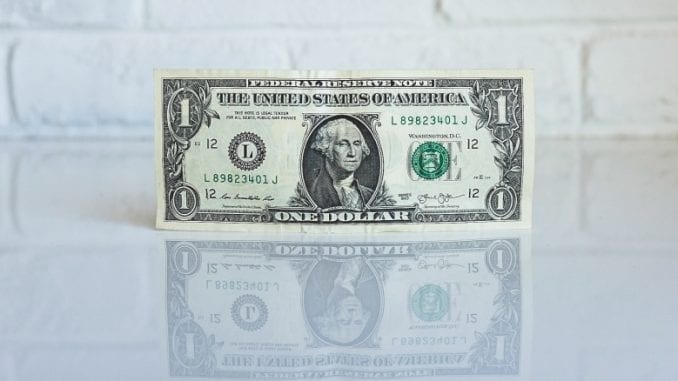
2018 presents new rules and new challenges for filing your taxes, especially for baristas. Tracy Allen of Brewed Behavior walks you through all the changes you need to know about.
BY TRACY ALLEN
SPECIAL TO BARISTA MAGAZINE
Photo by NeONBRAND
Tracy Allen of Brewed Behavior is no stranger to Barista Magazine—he writes a regular column for the magazine called “Cash Box,” giving tips to business owners about finances and handling money. This time, he turns his attention to baristas and provides a few tricks for figuring out your taxes during the 2018 season.
The 2018 Tax Cuts and Jobs Act will have a major impact on tax filings for baristas. In previous years, baristas who spent some of their own money on better work supplies, running errands for their employer, or gifts for their regulars, could deduct those expenses as an itemized deduction on their tax return as unreimbursed employee business expenses. Beginning in 2018, those expenses are no longer deductible. Additionally, the act did away with the personal exemption deduction, which affects every taxpayer regardless of their employment or marital status.
On a positive note, the act doubled the standard deduction for single filers to $12,000 and to $24,000 for joint filers. This could significantly reduce the taxes for many baristas, depending on their individual tax situations. For those baristas with children, the child tax credit also doubles to $2,000 per child, with $1,400 of that being refundable even if they owe no taxes, subject to limits.
Another question that comes up in dealing with taxes for baristas (and virtually any service industry employee) is how to deal with cash tips. The short of it is the employee should keep track and report their cash tips to their employer at least monthly so that they can be reported on form W-2. The barista will be responsible for paying the income, social security, and Medicare taxes on the cash tips. There are always people advising that cash tips are “under the table” and not reportable; however, the IRS would strongly disagree with that.
When trying to navigate the ever-changing landscape of tax law, it is always advisable to seek the advice of a tax professional. A Certified Public Accountant (CPA) would be able to analyze any barista’s specific situation and advise them on how to minimize their taxes.
ABOUT THE AUTHOR
 Tracy Allen is CEO of Brewed Behavior, a consultancy founded to offer comprehensive support to all segments of the coffee industry. He is the immediate past president of the Specialty Coffee Association of America (SCAA), was one of the original members of the U.S. Barista Championship (USBC) Committee, and the first chair of the Rules and Regulations Committee for the World Barista Championship (WBC). Tracy has trained multiple national and regional barista champions, and served as a judge and judges’ trainer for the USBC and WBC. He is also an SCAA “Supertaster,” certified cupper, and Q-grader instructor.
Tracy Allen is CEO of Brewed Behavior, a consultancy founded to offer comprehensive support to all segments of the coffee industry. He is the immediate past president of the Specialty Coffee Association of America (SCAA), was one of the original members of the U.S. Barista Championship (USBC) Committee, and the first chair of the Rules and Regulations Committee for the World Barista Championship (WBC). Tracy has trained multiple national and regional barista champions, and served as a judge and judges’ trainer for the USBC and WBC. He is also an SCAA “Supertaster,” certified cupper, and Q-grader instructor.

